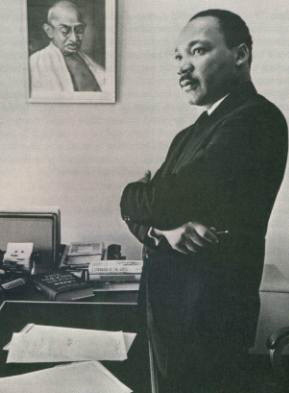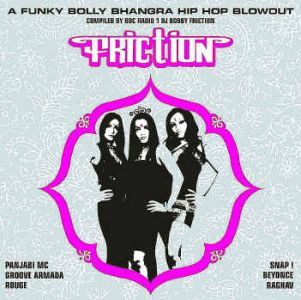If you are haunted by dreams of literary stardom and Booker fantasies, shun exotica and think big. For a start, avoid the Arundhati Roy trap, says British publisher and literary critic Jane Lawson.
"There is a fatigue about Indian novels post-Arundhati Roy, specially of the exotic and lyrical kind symbolised by Roy's Booker Prize-wining novel - 'The God of Small Things'," Lawson told IANS in an interview.
Lawson, a senior editor at Transworld Publishers, a division of the US' leading publishing conglomerate Random House group, is here to promote the diplomat-turned-author Vikas Swarup's debut novel "Q and A", a poignant story of a penniless waiter who wins a billion-dollar quiz contest.
It was Lawson who discovered Swarup's novel and snapped it up for Doubleday, the prestigious British imprint she represents, for a fabulous six-figure advance.
Going by what Lawson says, exotica is passe and multi-culturalism is the new prima donna of the British literary world.
"Quasi-poetic flourishes of Arundhati Roy variety have become a shade too cloying. There is more interest in novels with multi-cultural settings," adds Lawson, who scans at least 1,000 manuscripts every week as part of her job.
Lawson's brutally candid critiques of Indian writing in English shouldn't, however, force a misreading of her position.
"Although the Indian novel written by Indians living in India is slightly out of fashion, Indian writing in English is becoming a full-blown genre in itself," says the polyglot publisher who studied modern languages at Durham University.
The market for British Asian writing is, however, growing, says Lawson, who also discovered Monica Ali's Brick Lane - a Booker-short-listed novel in 2003.
"I am inclined to look at Indian novels more than at anything else. India is a very fertile land. Indians are very good with family histories and big themes," says Lawson, who points at the relative insularity of British writers by way of contrast.
Pitching in for more works celebrating the multi-cultural ethos, she adds: "There is a danger to be parochial with British writers. The works of diasporic writers settled in Britain like Monica Ali, Zadie Smith and Hanif Qureishi straddle various worlds and are more interesting."
Keep it in mind, kids! Cut out the cloying, exotic stuff. But keep in the family-shamily, scope-shope, and straddle-twaddle. But let me offer a toast to non-lyrical, historically sensitive multiculturalism. Oh, and the death of irony!
(That was meant to be a joke. It was also a reference to John Waters's film Pecker. Seen it? --Ed.)
Side note: It's the first week of classes, which means I am overwhelmed and exhausted, even after not actually doing very much. Blogging is/will be light.



